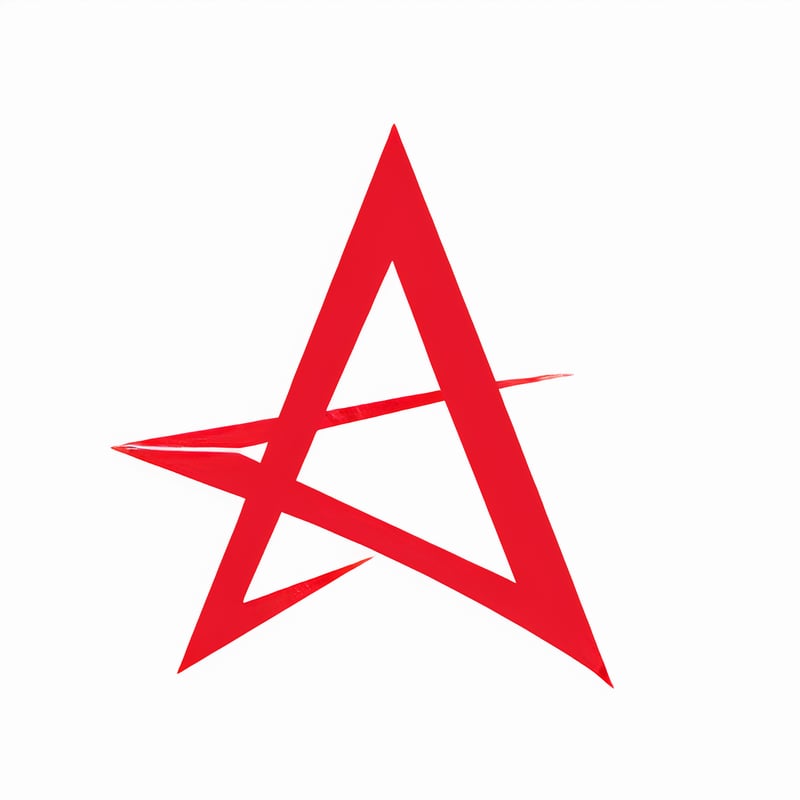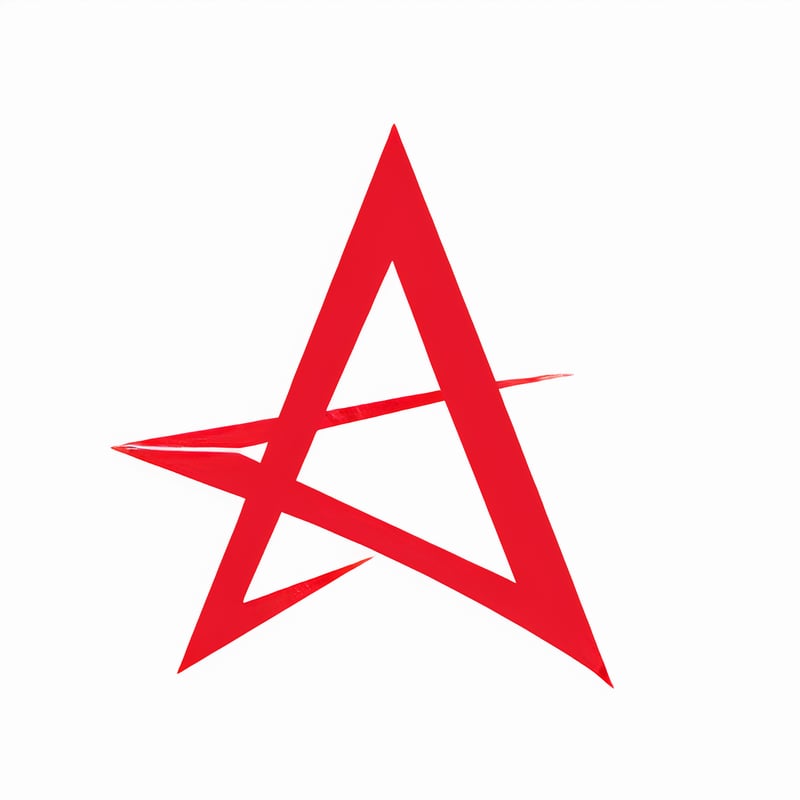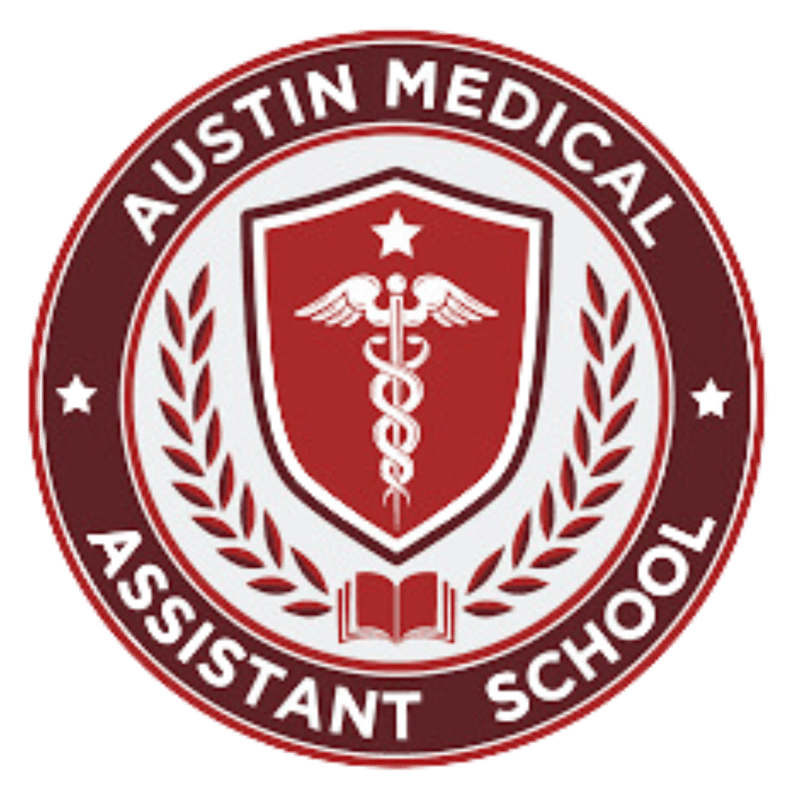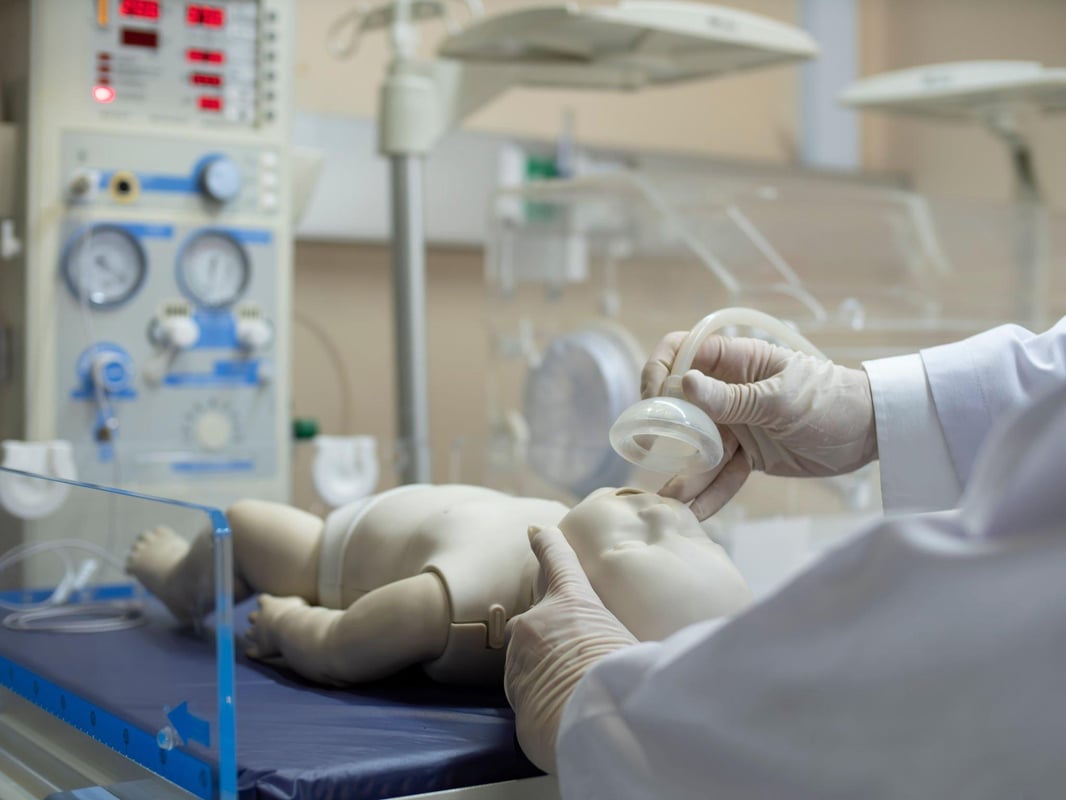
Financial aid (may be available)

Financial aid (may be available)

Financial aid (may be available)

$950 to start
$4,490 total
$276 total
$2,075 total
$270 total
$410 total
$365 total
$150 total
No cost info
$285 total
$150 total
No cost info
Looking for PALS classes near you in Austin? You've come to the right place. In this blog post, we aim to provide you with comprehensive information on Pediatric Advanced Life Support (PALS) classes and guide you in finding the best vocational training program for your needs. We'll go through what PALS is, the training requirements, what to look for in a class, what to expect from day-to-day classes, the certification process, how to find related jobs, and other classes you can take after becoming PALS certified.

Pediatric Advanced Life Support (PALS) is a certification program that trains healthcare professionals to respond to life-threatening emergencies in infants and children. It covers the assessment and management of various critical situations, including respiratory emergencies, shock, and cardiac arrest.
To enroll in a PALS class, you must have a basic understanding of:
ECG rhythm interpretation
Basic life support (BLS)
Knowledge of anatomy and physiology
While these are not mandatory, having a strong background in these areas can significantly enhance your learning experience in the PALS program.
When choosing a PALS class, you should consider:
Accreditation: The program should be accredited by a recognized institution.
Practical hands-on training: The class should offer ample opportunity for practical training.
Qualified instructors: The teachers should be experienced healthcare professionals.
Class size: Smaller class sizes can provide more personalized instruction.
In a typical PALS class, you can expect:
Lectures: These cover various topics, including pediatric emergencies and PALS algorithms.
Hands-on practice: This includes simulated pediatric emergencies to help you apply what you've learned.
Teamwork: Many classes emphasize the importance of team dynamics during pediatric emergencies.
The PALS certification process typically involves:
Completing the course: This includes both theoretical and practical components.
Passing the exam: After the course, you'll need to pass a multiple-choice exam.
Demonstrating skills: You'll also need to demonstrate your competency in various PALS procedures.
Once you pass the exam and skill demonstration, you'll receive your PALS certification.
After obtaining your PALS certification, you might be wondering how to find related jobs. Here are some tips:
Networking: Connect with other healthcare professionals.
Online job boards: Websites like Indeed and LinkedIn often have listings for PALS-certified professionals.
Healthcare facilities: Hospitals, clinics, and other healthcare establishments often have job openings for PALS-certified professionals.
After gaining your PALS certification, you might be interested in other related courses to further enhance your skills and employability. These can include:
Advanced Cardiovascular Life Support (ACLS)
Neonatal Resuscitation Program (NRP)
Emergency Nursing Pediatric Course (ENPC)
PALS certification is an essential credential for healthcare professionals working in areas where they may encounter critically ill or injured children. It's a demonstration of your ability to provide effective emergency medical care to pediatric patients. This certification can enhance your credibility and marketability in the healthcare field.
Dreambound is a platform that helps students find vocational training programs. It can be a valuable resource when looking for PALS classes in Austin. Dreambound's mission is to provide all the information students need to find the perfect class.
Before enrolling in PALS classes, it's beneficial to refresh your knowledge on topics like anatomy, physiology, and basic life support. You can also read up on pediatric emergencies to get a head start.
Becoming PALS certified is a significant step forward in your healthcare career, especially if you plan on working with children. It's crucial to find a class that fits your needs and provides the necessary skills and knowledge. As always, resources like Dreambound can be incredibly helpful in your search for the perfect class.
For more information on healthcare career paths in Texas, check out these blogs on how to become an EKG technician, how to become a radiology technician, and how to become a certified PCT.
If you're exploring options in this field in various locations, Dreambound's extensive guides are a great resource. We've got detailed insights for numerous cities. check out some additional guides below:
Dreambound's platform allows prospective students to find the right educational program for them through searching, filtering, and connecting with our extensive selection of career & technical education partners.
Dreambound has over 70 programs across healthcare, technology, business, and industrial trades. This includes programs such as Medical Billing, Cybersecurity, and welding.
Some of our schools offer financial aid for those who qualify. Many others offer payment plans, where you can pay the cost of class over time.
Yes, Dreambound offers many online programs. On Dreambound's search, you can filter by online, in-person, and hybrid (part online, part in-person).
Dreambound is completely free for you to use! We are supported by schools and organizations who pay to advertise on our website, so we can offer all of our career resources for free.